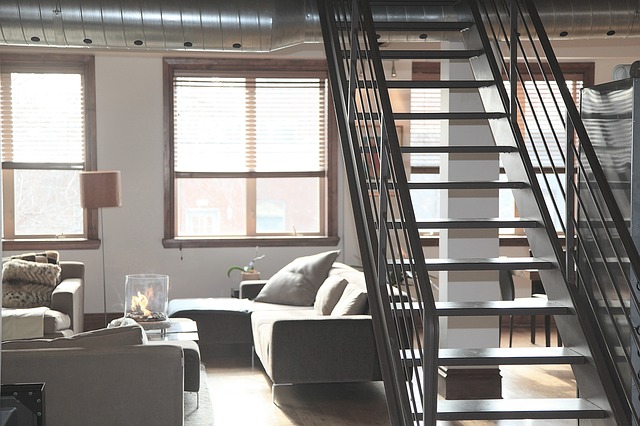The cost of living has risen to an almighty high, and this increases even further if you live in one of the country’s most popular cities. When you have responsibilities such as paying your rent, Wi-Fi, fuel and groceries, it can be hard to make sure you have enough money to last the duration of the month following pay day.
Numbeo, a user-generated data recorder, recently updated its collated data for the month of October – with some shocking results. More than 1 000 entries were submitted to the site, and Johannesburg has come out as the city which offers the highest wages in the country. So which is the most expensive to live in?
While Numbeo compares only the cost of living in Johannesburg to Durban, we have drawn up a table to reflect how these two cities compare to living in the Mother City.
| Bill | Cape Town | Johannesburg | Durban |
| Average Utility Bill | R1 049 | R1 254 | R1 143 |
| Monthly Internet/Wi-Fi | R1 002 | R961 | R901 |
| Accommodation/Rent | R11 729 or R5 684 split between two housemates | R6 908 or R3 454 split between two housemates | R4 796 or R2 398 split between two housemates |
| Average Salary | R17 405 | R17 914 | R14 958 |
| Average percentage of salary spent on bills | 44% – 79% | 32% – 51% | 30% – 45% |
According to Numbeo, Capetonians spend most of their money on their rent and Wi-Fi. Compared to Johannesburg and Durban, renting in Cape Town is much more exorbitant.
Cape Town’s lowest price range is nearly identical to Durban’s highest income-expenditure percentage. The average cost of utilities in the Mother City, however, is the lowest compared to the other two cities.
Picture: Pixabay

